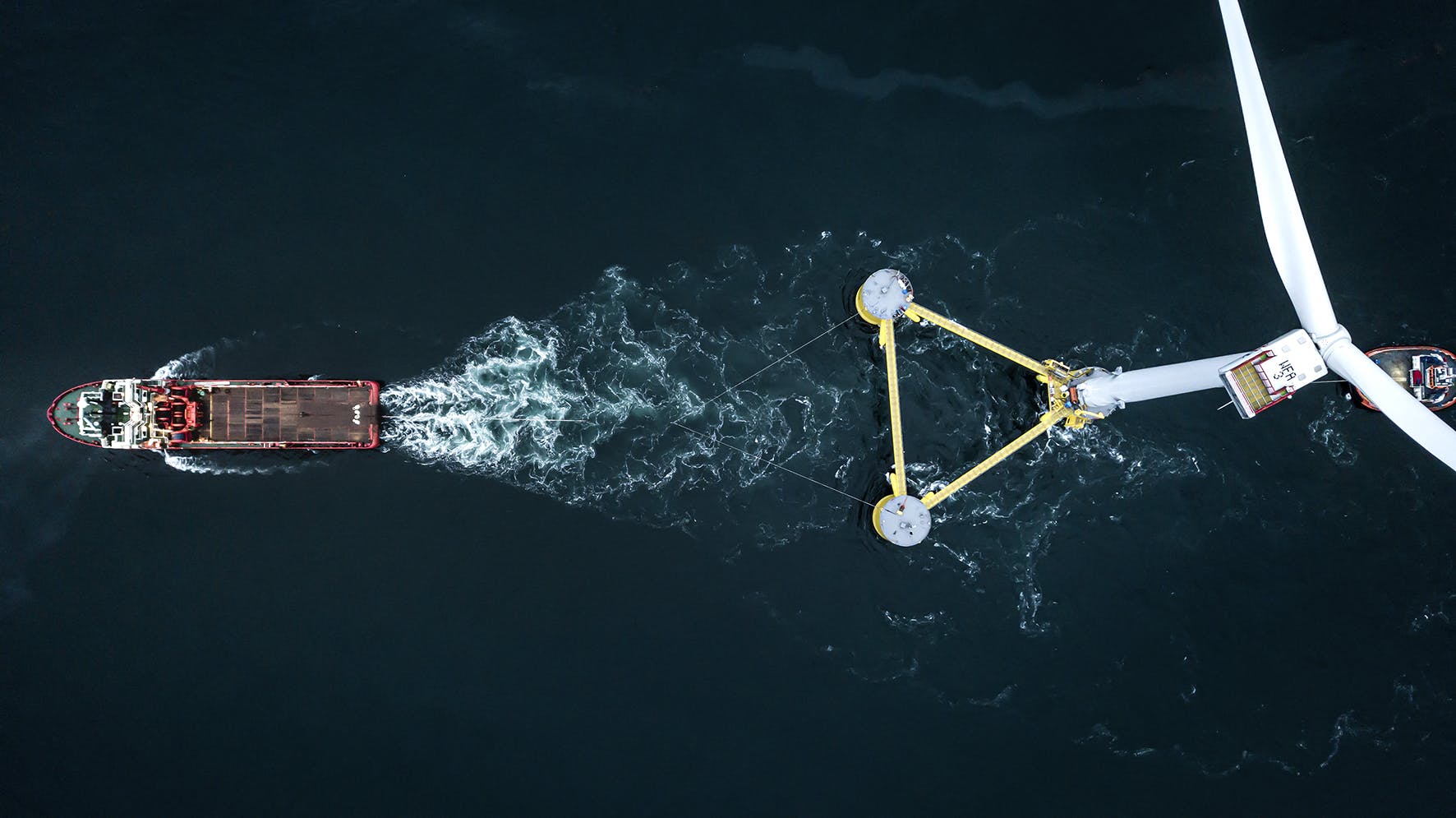EIT InnoEnergy study indicates that floating offshore wind energy could create 50,000 jobs in Iberia by 2030

A new study launched today by EIT InnoEnergy has discovered that Spain and Portugal have unique competitive advantages, creating enormous potential for the region to become a global hub for floating offshore wind energy.
Photo courtesy of Principle Power. Artist name: Dock90
The study
The study, entitled “Iberia as a hub for technology development and industrial leadership in the field of floating wind offshore energy”, sponsored by the independent consulting firm Enzen, found that developing the industry in the Iberian Peninsula over the next two decades would have considerable socioeconomic impact. It could create up to 50,000 highly qualified jobs (60% direct; 40% indirect) and yield an annual business turnover of up to 5,000 million euros by 2030, with more than a third of earnings stemming from exports.
The industry
Forecasts by top international energy experts indicate that floating offshore wind business will rise sharply around the world over the next decade. The industry has immense potential, and the first to gain a foothold will enjoy huge competitive advantages and ensure strong prospects to become the market leader. Currently, the industry’s major regions are Europe, North America and Asia (China, Japan and Korea). Nonetheless, EIT InnoEnergy is keenly aware of the competitive advantages of Spain and Portugal and familiar with many of the early players already pushing forward with pioneer projects in this field and, consequently, decided to analyse the true potential of the Peninsula.
The advantages of Iberia
According to the main conclusions of the study, Iberia (Spain and Portugal) is on a sound footing to contend for a position as a hub for floating offshore wind energy, as it has competitive advantages not readily replicable in other areas. For instance, it has the potential to develop a domestic market in the early stages, especially in island areas, where technologies and business models can be developed and tested to rapidly establish an Iberian industry that is competitive in international markets. In the most ambitious scenario, it is estimated that Iberia could have 3 GW of power installed by 2030 and 22 GW by 2050. In addition, there is availability of port infrastructure, dockyards and manufacturing capacity absolutely essential for expeditious development of the sector.

